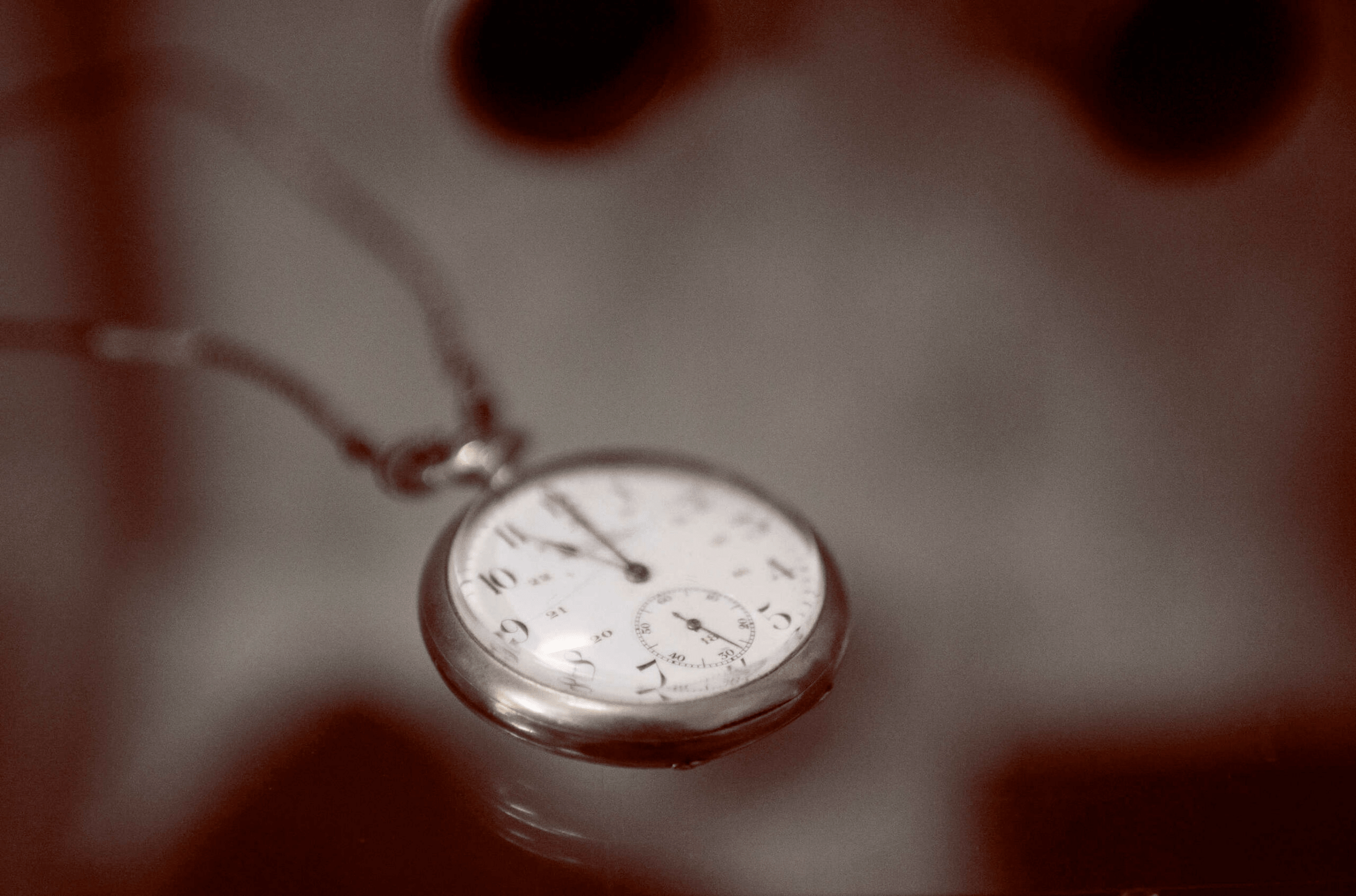الصلاة على النبي (اَللّٰهُمَّ صَلِّ عَلَىٰ مُحَمَّدٍ وَعَلَىٰ آلِ مُحَمَّدٍ…)
(10x)
Send ṣalawāt on the Prophet ﷺ.
O Allah, honour and have mercy upon Muhammad and the family of Muhammad,,,
Allāhumma ṣalli ʿalā Muḥammad wa ʿalā āli Muḥammad…
Abū al-Dardā (raḍiy Allāhu ʿanhu) narrates that the Messenger of Allah ﷺ said: “Whoever sends ṣalāh upon me 10 times in the morning and 10 times in the evening will receive my intercession.” (Ṭabarānī: al-Muʿjam al-Kabīr 6357)
Brief Commentary
• Sending abundant ṣalawāt upon the Messenger ﷺ is a manifestation of our love, reverence and obedience to him. We can never repay the Prophet ﷺ for what he did for us. Ibn al-Qayyim (raḥimahullāh) writes, “If a person was to send ṣalawāt upon the Prophet ﷺ equivalent to his every breath, he will still not have fulfilled his right.”
• Allah ﷻ Himself sends ṣalāh on our beloved Prophet ﷺ, and so do His Angels. Allah ﷻ says, “Indeed, Allah and His angels send blessings (ṣalāh) to the Prophet. O you who believe, invoke ṣalāh upon him, and send your salām (prayer for his being in peace) to him in abundance” (33:56).
• Sending ṣalawāt has immense blessings and rewards. These include: When you send ṣalāh on the Prophet ﷺ once, Allah sends 10 ṣalāhs upon you. Likewise, Allah records ten good deeds for you, erases ten sins from you, and raises you ten degrees in status. Through the blessings of the ṣalawāt, your needs are sufficed and your sins are forgiven.
The Best Wording For Salawat
The best wording for the ṣalawāt is the ṣalāh ibrāhimiyyah:
اَللّٰهُمَّ صَلِّ عَلَىٰ مُحَمَّدٍ وَّعَلَىٰ اٰلِ مُحَمَّدٍ ، كَمَا صَلَّيْتَ عَلَىٰ إِبْرَاهِيْمَ وَعَلَىٰ اٰلِ إِبْرَاهِيْمَ ، إِنَّكَ حَمِيْدٌ مَّجِيْدٌ ، اَللّٰهُمَّ بَارِكْ عَلَىٰ مُحَمَّدٍ وَّعَلَىٰ اٰلِ مُحَمَّدٍ ، كَمَا بَارَكْتَ عَلَىٰ إِبْرَاهِيْمَ وَعَلَىٰ اٰلِ إِبْرَاهِيْمَ ، إِنَّكَ حَمِيْدٌ مَّجِيْدٌ
O Allah, honour and have mercy upon Muḥammad and the family of Muḥammad as You have honoured and had mercy upon Ibrāhīm and the family of Ibrāhīm, indeed, You are the Most Praiseworthy, the Most Glorious. O Allah, bless Muḥammad and the family of Muḥammad as You have blessed Ibrāhīm and the family of Ibrāhīm, indeed, You are the Most Praiseworthy, the Most Glorious (Bukhārī).
اَللّٰهُمَّ صَلِّ [O Allah, honour and have mercy], O Allah, have mercy upon Muḥammad and praise him in the lofty assembly. The ‘lofty assembly’ refers to the elite angels who are close to Allah ﷻ.
Salāh also means ‘honour him’ i.e. honour him in the world by elevating his mention, granting victory to his dīn and preserving his sharī‘ah; and honour him in the hereafter by rewarding him abundantly, accepting his intercession on behalf of his ummah and granting him the loftiest station of glory (maqām mahmūd).
وَعَلَىٰ آلِ مُحَمَّدٍ [And upon the family of Muḥammad ﷺ], This phrase could be a reference to, (1) His family (2) His followers. By invoking ṣalāh on his followers, you are honouring the Messenger ﷺ by honouring those who are dear to him.
بَارِكْ [Bless], Bārik is derived from barakah, and linguistically has two meanings, (1) to be firm and continuous and (2) to grow and increase. Thus, it is similar to stating, “O Allah continue to bless and honour Muḥammad ﷺ and his followers. Increase him and his followers in every form of good. Bless him in the mission that he came with and make his legacy universal.”
حَمِيْدٌ [The Most Praiseworthy], Allah ﷻ is worthy of all praise in His Essence, His Attributes and His Actions. He also praises His praiseworthy slaves. One of His greatest blessings is that He allowed His creation to praise Him.
مَّجِيْدٌ [The Most Glorious], His glory and greatness know no ends. He is the Most Generous and bestows endless favours. He is Noble and Exalted. The glory of Allah ﷻ refers to His beautiful actions combined with nobility.
Why Do the Salawat End With These Two Specific Names?
In asking Allah (ʿazza wa jall) to bestow ‘ṣalawāt’ on His beloved ﷺ, you ask Him to praise him, honour him, and elevate his mention. Thus, it is befitting that you ask ‘al-Ḥamīd’ (The Most Praiseworthy) and ‘al-Majīd’ (The Most Glorious) – the real and ultimate source of praise and glory – to increase the Messenger ﷺ in praise and glory.
Action Points
• Realise that all the good deeds you do in this world and all the good you will receive in the hereafter is due to the Prophet ﷺ conveying his message to mankind. Thus, you owe it all to him and are indebted to him ﷺ.
• On the Day of Judgement, when humanity will be distraught, utterly terrified and thirsty, you will be desperate to receive the intercession of the Prophet ﷺ. Recite this dhikr every morning and evening so that you will be fortunate enough to receive his intercession inshaAllah.
• Sending ṣalawāt ten times in the morning and the evening is the minimum amount. Try to exceed this number on a daily basis, especially on Friday. If you want to be close to Allah’s Messenger ﷺ, then send as much ṣalawāt as possible, as he ﷺ told us that the closest of people to him on the Day of Judgement will be those who send the most ṣalawāt upon him.
• Read up on the biography of the Prophet ﷺ .This will increase the love and respect you have for him ﷺ, and will allow you to recite the ṣalawāt with a present heart.







